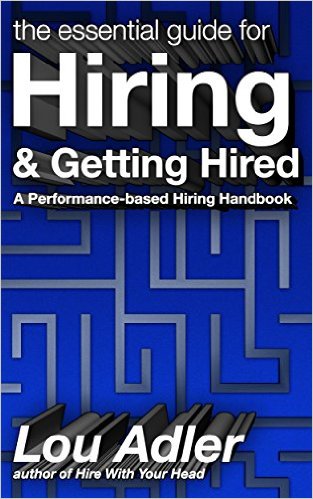As I proceed to prepare for a new job, I had to take a look at my resume in its current form. Big problem! My resume is designed for a totally different profession and needs a total makeover. A career change is never easy and the problem is where to start. This can be a challenge but not impossible. So, if you’re facing this, or even if you’re just starting out, here’s where to start:
- Don’t start with your resume. The very first thing to do is to carefully look at the job that you intend to do. Don’t just look at one but look at several. What are the specific skills required? Your resume should be designed for the skills of the job and reflect every job detail.
- Only then should you consider your experience. Of course, it may not exactly be the same but your experience should match the skills needed for the job. For example, a job in communications requires social media maintenance. Well you may not have this on the job but you can start your own social media postings. Create a blog or start posting regularly on social sites. The main goal is make your resume fulfil the job skills.
So if you’re like me and changed careers or if your degree isn’t relevant to the job you are applying for, don’t worry. Many people start out in one field and then change or get a degree in one field and end up doing something quite different.
It’s all about skills and experience.
Remember: Plan ahead to get ahead!





